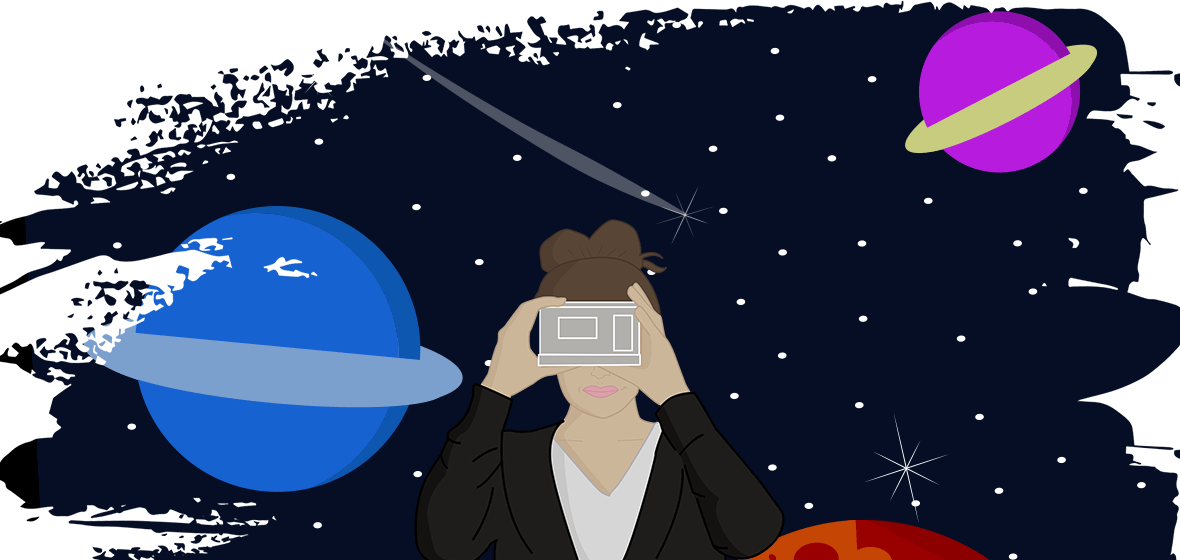From the politicization of climate change coverage to stories about vaccines, science journalism covers important and often dividing news stories. However, when these concepts are boiled down to a simplistic or inflammatory headline, these important studies can often be poorly presented.
The Reynolds School of Journalism is offering a one-credit course on science literacy and communication for science and journalism students as part of the new Mick Hitchcock, Ph.D., Project for Visualizing Science.
Associate Dean Donica Mensing said science journalism and the answers it provides are “absolutely vital.”
“The fact that we have scientists doing great work, but people don't understand it means communication is more critical than ever,” she said.
Kathleen Masterson, Reynolds professor of science communication, and instructor for the course agreed.
“I think educating the public and having easy access to a clear and accessible interpretation or translation of science is really just important for our communities,” she said. “And I think the media have in some ways done a disservice by turning a lot of things into buzzwords.”
The one-credit weekend course will be taught Friday to Sunday, September 27 through September 29, 2019, by Masterson. The course is open to both science and journalism students. Register for this course (JOUR 490B.5712) on MyNevada.
Masterson will also be teaching a fall course for graduate students through the Hitchcock Project. The goal is to teach journalists how to best interpret scientific data and determine the best medium for communicating that data.












